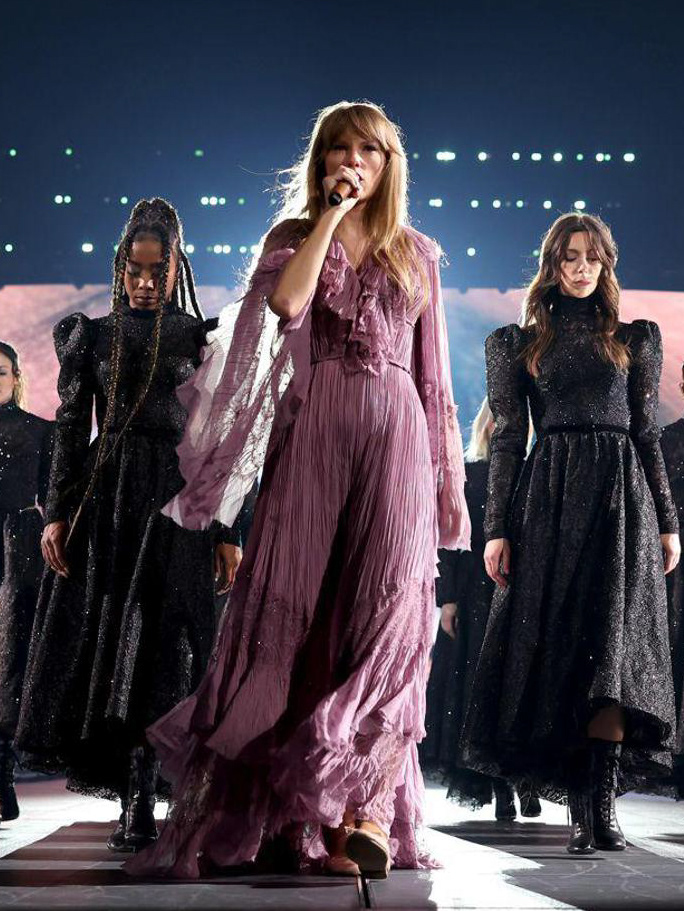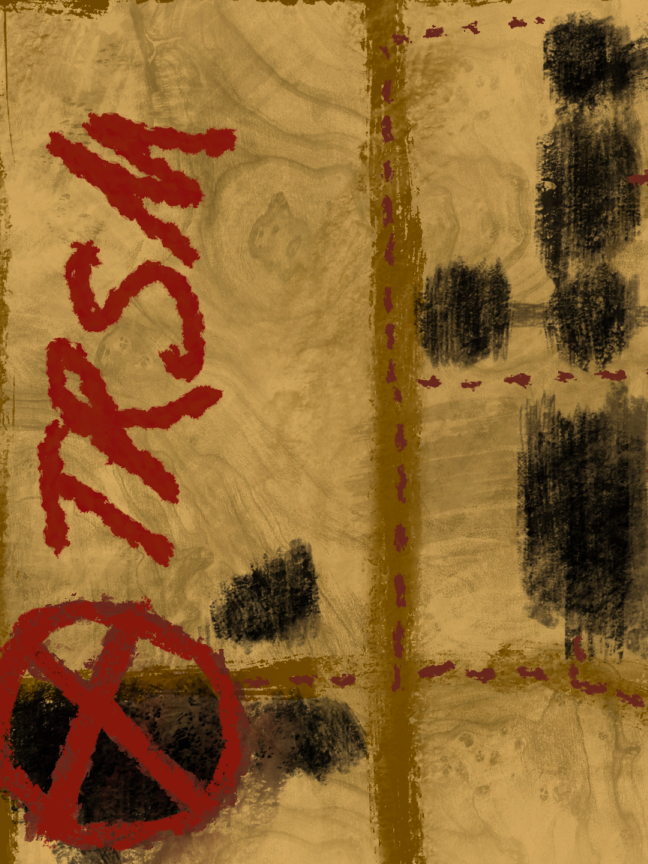Full document here.
As time persists, social aspects constantly change. It is human nature to act accordingly to ensure the survival of one’s family, culture, and self. Depending on the perspective being used, a truth is portrayed, that despite one’s broadmindedness, tradition will always counteract it. In The Devoted Son by Anita Desai, a vivid significance using feminist and Marxist theories contributes to the complexity of the story and its underlying conflicts between character relationships.
Feminist theory is evident within the roles and routines of the men and women throughout the story. When Rakesh returns to his family in India after studying abroad, he agrees to marry a woman of his mother’s choice. Rakesh’s selected suitor is a “plump and uneducated girl” (Desai 77). The author suggests the notion that his potential wife does not have the capacity to sustain life for herself due to her lack of schooling and podgy appearance. The diction being used indicates her oppression by patriarchal ideologies of how women are perceived. Part of Rakesh’s mother’s reasoning for selecting his suitor is that she seems “too lazy” (77). Rooted in stereotypical thought, the suggestion that she is lazy may imply how the men in the story, specifically Rakesh, are the breadwinners and sole providers in their relationships, while the women await their presence. Feminist theory is also adamant through examining the role of Veena, Rakesh’s wife. Veena occasionally appears in the story but is seen in insignificant or demeaning situations. As Veena tries to take care of Rakesh’s ill father, Varma, it becomes problematic as he gives her a “gob of red spittle right on the hem of her new organza sari” (79). This mistreatment illustrates the difference in cultural values, where women are treated as unequal in comparison to men. It is terrible in this situation, as Varma has very little respect for his daughter-in-law, even though she is trying to help him. Also, when Rakesh restricts Varma from having halwa, Rakesh tells him that “Veena will cook [him] a little kheer” (79). Desai insinuates the stereotype of women being useful for cooking and other house chores. The disparity between gender roles is apparent, which leads to an argument of power as well.
Various circumstances that are displayed throughout the story are in conjunction with Marxist theory. As the story begins, Varma is celebrating Rakesh’s acceptance to medical school. People praise him, recalling how he has “never seen the inside of a school” (76). The reader can infer that Rakesh’s family comes from a lower social class considering how he is the first son to receive a fulfilling education. There are many sacrifices that Varma made in the process, which is the reason why Rakesh “bowed down and touched [his] feet” (76). Although this is a gesture of respect, it is evident that Varma has always had significant power over his son, which is what helps maintain a healthy and joyful relationship between them. In terms of Rakesh’s development, he later works in a hospital, “quickly rising to the top of the administrative organization, and was made a director” (77). The concept of the various administrative levels highlights how Rakesh’s work is accepted, benefitting him to become a more powerful individual in his career and ultimately moving him up the social hierarchy. Toward the end, there is a shift of power between Rakesh and Varma, who is old and ill. Rakesh places Varma on a limited diet, with no fried foods and less sugar. As he gains more control over Varma’s life, Varma resents Rakesh for making him suffer, when he is devoted to keeping his father alive. Their relationship begins to fall apart, arguing with Rakesh to “let [him] die” (84). There is a power struggle between the two, with Varma losing control of his life as each day passes and Rakesh having the power to influence his choices, with only the best intentions in mind.
Perceiving A Devoted Son by Anita Desai through feminist and Marxist viewpoints bring complex meanings to the short story. As readers follow the success story of Rakesh, underlying conflicts highlight the truths about how society functions, regardless of the age or upbringing of an individual. Despite how some characters like Rakesh and Veena demonstrate an open mind to cultural differences, old traditions and values as well as gender conformities and social disparities counteract it, leaving them in this vicious cycle.










